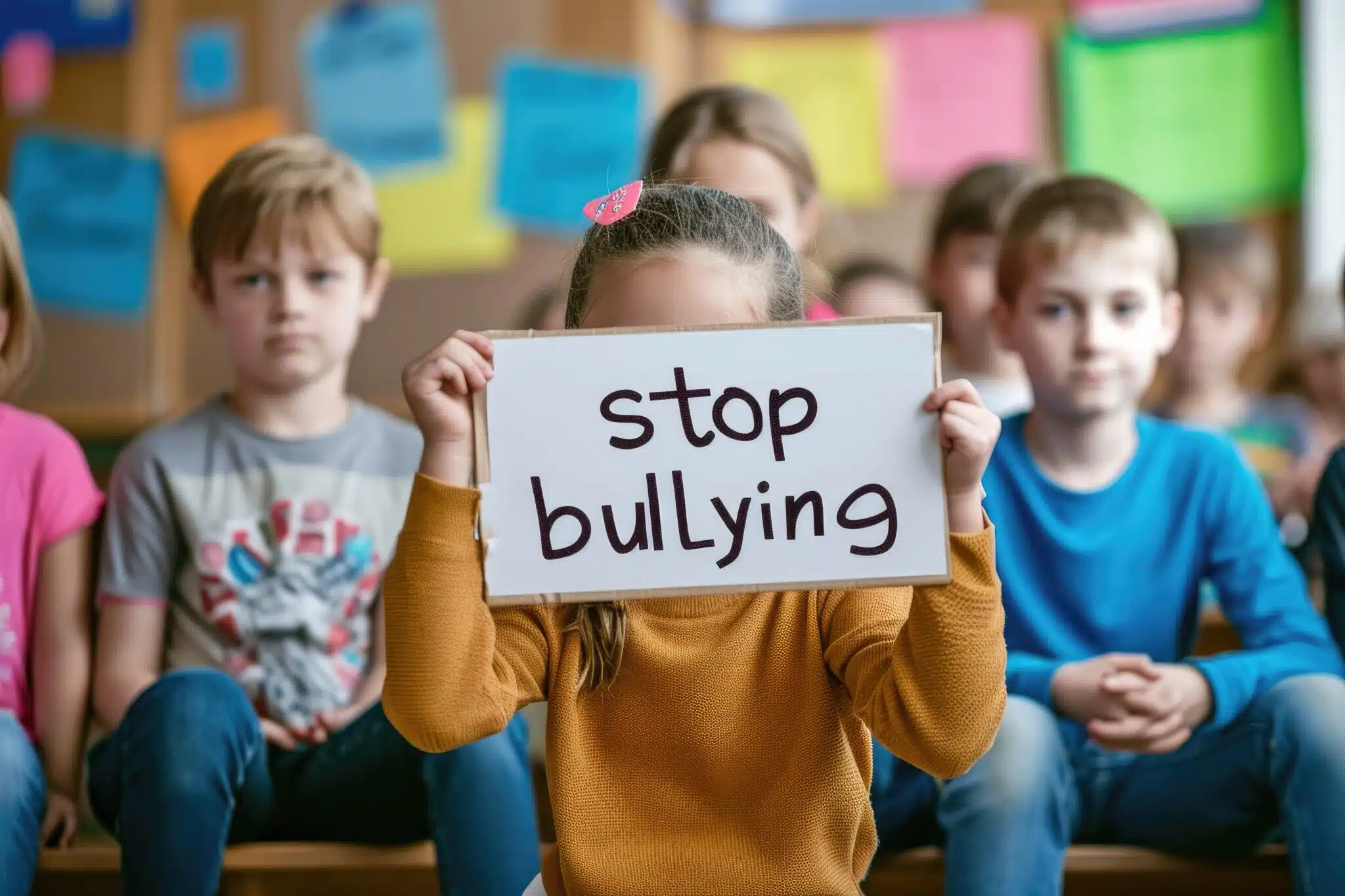Sometimes, silence screams louder than an insult. It screams when a child walks into class with their eyes fixed on the ground, wishing to become invisible. It screams when one group laughs while another suffers in silence. And it screams, most of all, when others see it… and look the other way.
Bullying doesn’t start with a shove. It begins much earlier, when mocking becomes a habit, when the “different” child – in the eyes of the group (because of their physical appearance, personality, background, disability, orientation – any excuse will do for the bully) – becomes a source of entertainment, and when cruelty is disguised as a joke. It starts when we educate the mind but forget the heart.
On 2nd May, we marked International Anti-Bullying Day, a date that goes beyond symbolic gestures and empty campaigns. It’s a chance to ask ourselves an uncomfortable question: are we raising excellent children… or just brilliant minds without a heart?
Bullying: a deadly reality
Science is clear. A recent meta-analysis examining the link between bullying and the risk of suicide in children and adolescents (Holt et al., 2023) found that bullied teens are up to six times more likely to attempt suicide than their peers. Six times. What would we do if a disease increased the likelihood of losing a child by six times? Bullying does exactly that. Silently. Daily. In every school. In every class.
And it doesn’t just kill on the inside. It kills for real. In Britain, a large-scale cohort study revealed that those who were bullied in childhood had twice the risk of completed suicide in adulthood. This is not an exaggeration. It’s a statistic.
But this piece isn’t about numbers. It’s about faces. The child who no longer wants to go to school. The one who laughs to hide their tears. The parent who can’t understand why their daughter has changed. The teacher who senses something is wrong but doesn’t know how to act. They’re all part of this story. And in some way, we all are.
Because bullying isn’t just a problem involving three people: the bully, the victim, and the bystander. It’s a collective symptom. It reflects the character we fail to teach, the empathy we fail to practice, and the courage we fail to reward.
The bully isn’t always a monster. Sometimes they’re simply a child who never learned to handle their frustration, who found a sense of power in humiliation. The victim isn’t weak: they’re someone left alone in the face of a group’s indifference, lacking the tools to withstand adversity without breaking. And the bystander, that often-overlooked figure, is the one who could change everything… but almost never does. Why? Because they lack the moral courage or the empathy to feel a peer’s suffering as their own? Out of fear? Out of pressure? Or simply because no one ever taught them to intervene?
The only real way to prevent bullying
To educate character is to nurture the conscience that steps in when the teacher isn’t watching. It’s about cultivating empathy, compassion, the courage to stand up when everyone else stays silent. It’s about teaching children to truly see another human being, especially when that person is silently screaming for understanding and support. It’s about making it clear that to stay silent in the face of injustice is also to be an aggressor.
And no, it’s not enough to punish the bully or to protect the victim. We need to do something much harder: raise good people. Not just obedient ones. Not just brilliant ones. Good ones. And that’s a daily task. At home. In the classroom. Through example. Everything else will follow.
If we truly want to prevent bullying, then we must teach more than just a curriculum. We must teach respect. Inclusion. Defending the vulnerable. Not laughing at the cruel joke. Apologising. Being brave. Loving without shame.
And when a child does this – when they approach the classmate everyone ignores, when they say “enough” to the bully, when they speak up even though their voice shakes – we should celebrate that act as if they had won an Olympic medal. Because in that moment, they have achieved something far greater: they have saved a life.
I don’t believe in protocols for eradicating bullying. But I do believe in character. And character isn’t inherited – it’s taught. Or it isn’t. And then, we get what we already have: teenage suicides, broken childhoods, entire generations learning to survive… instead of learning to live together.
As we remember this date each year, let’s not just ask children to speak up. Let’s listen. Let’s teach them. And above all, let’s stand by them.
Because where character isn’t taught, bullying thrives.
And it’s been doing so for far too long.
Mª Asunción Rey Ballesteros
Director of Character Education Programmes at Fundación Parentes
